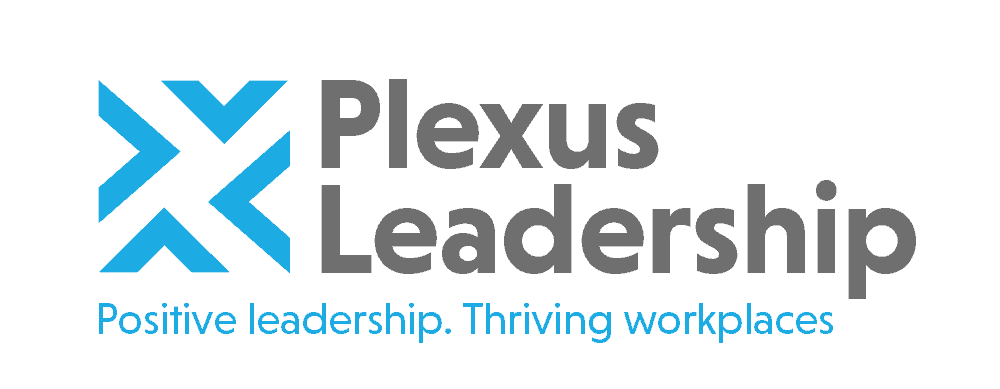Just after Trump’s inauguration in 2017, I wrote a blog about the potential strengths and risks of Trump as a leader and President. In the aftermath of the violent storming of the US Capitol, it is becoming clear to most (even Trump’s closest aides and allies) that the dark side of his leadership far outweigh any strengths and positive qualities he brought to office.
While I am not going to judge Trump’s policies or results during his term (there are plenty of others more experienced than me who will do this), it is worth reflecting on what went wrong and what other leaders in business and politics can learn from this.
Charismatic leaders can be very destructive
Charisma is all about a leader’s charm, confidence, likeability, power, and attractiveness in the eyes of those around them. Like any other leadership quality, it is only effective in helping the organization succeed if it is used in the right way to achieve positive, shared goals. Many companies still use subjective selection criteria and unstructured processes to hire leaders. Rather than making hiring decisions based on objective data gathered using more accurate methods like structured interviews, psychometrics and work simulations, their hiring decision is based primarily on informal interviews and how well the candidate presents themselves, including how confident, determined, influential and likeable they appear. This clearly favours leaders with charisma who are remarkably good at winning others over.
However, charisma has a very dark side when overused or used selfishly to advance personal interests and autocratic power. When it is used in selfish, narcissistic, and devious ways, it undermines the trust, morale and effectiveness of the team and organization.
So, next time a leader is being hired by your organization, apply an objective process, ideally using an external consultant or business psychologist to assess the leader and provide a detailed account of their strengths and leadership risks. It is also important to question the hiring criteria you are using to identify effective leaders. We have worked with many exceptional leaders who have very little charisma. However, they support, empower, and develop individuals and teams, enabling them to achieve exceptional results. People follow these leaders not because of their charisma, but because they respect their humility, delegation, and calm, supportive style.
Forget the hero leader, build a strong leadership team instead
Boards and company owners take note. If a CEO or another senior executive surrounds themselves with submissive “yes people” and fires direct reports speaking out against them, the rot has already set in. In addition to hiring a strong, diverse team and ensuring strong Board oversight, it is vital to ensure that a safe and open environment is created for upward challenge, candour and voicing different perspectives. If this is not happening, it is a signal that direct and constructive feedback needs to be provided to the CEO/leader so they can change their behaviour and provide psychologically safe conditions for people to open up and say what they are really thinking and feeling. If the leader gets defensive or tries to ‘shoot’ or fire the messenger (often an HR leader or external coach), they should be warned or removed as this is a red flag that the leader is unwilling to learn and grow. They have a rigid, fixed mindset and there is no place for this in a highly complex and fast-changing world requiring adaptive, collaborative team-based cultures to succeed.
Accountability should always apply to those at the top
The reason Trump has been allowed to get away with a steady torrent of lies, disinformation and behaviour unbecoming of a president during the past four years is because others around him have allowed this to happen. There has been no accountability. There is one word that captures why this has happened, FEAR. Because of Trump’s top-down, autocratic style and the fact he has surrounded himself by deferential “yes men/women” who will not challenge him, he has been allowed to get away with virtually anything, including many things that wouldn’t have been tolerated if they had been done by other presidents. The key lesson here is that even the top person needs to be held accountable and subject to a strong governance framework and leadership principles. Nobody should consider themselves omnipotent, as this creates a culture of fear and intimidation and this ultimately leads to decline of the organization. Numerous studies over recent decades show that teamwork, creativity, motivation, and performance all decline when autocracy is allowed to prevail. There are plenty of examples from the business world, including Arcadia, Enron, and Royal Bank of Scotland.
As someone who has lived in the US and loves many things about this great nation, including their freedoms, innovative spirit, and collective ambition, I hope they can restore greater unity and American exceptionalism under the Biden and successive administrations.
Other Posts

About the Author
James Brook
Leadership Consultant | Executive Coach | Business Psychologist
James has over 25 years’ experience working with leaders and organizations internationally to optimize their performance, talent and future success. He has worked with leaders from diverse sectors, countries and cultures. Clients have included Commvault, Equinor, Gilead Sciences, GSK, PhotoBox, Novartis Pharmaceuticals, Novo Nordisk, Oracle, Sainsbury’s, Swiss Re, Tesco, Yahoo! and WSP.
James has set-up and successfully grown several of his own businesses, including Strengthscope®, a global strengths assessment and consulting business. As Joint Founder and MD, he grew Strengthscope® into a market leader before selling his stake in the business in 2018.
James is a regular speaker on leadership, coaching, assessing and developing talent and the future of work. He has contributed a wide range of publications in these areas. His most recent book, Optimize Your Strengths, explores how leaders can transform their organizations by inspiring people to shine and deliver exceptional results.
Want to find out how we can help your organisation? Contact us now for an obligation free chat.





